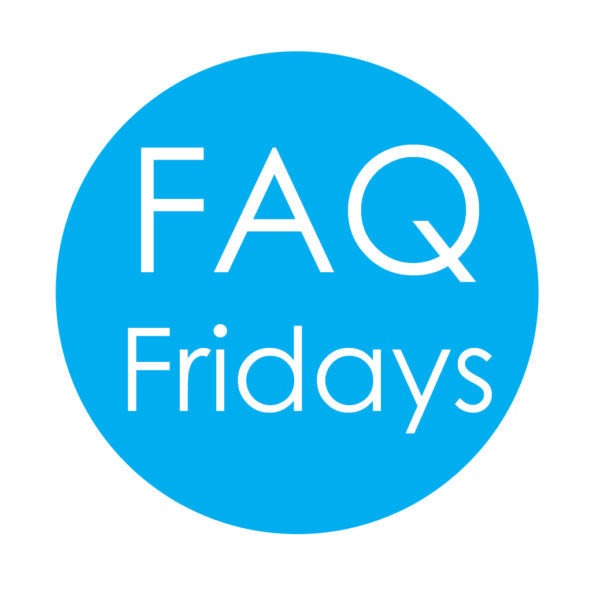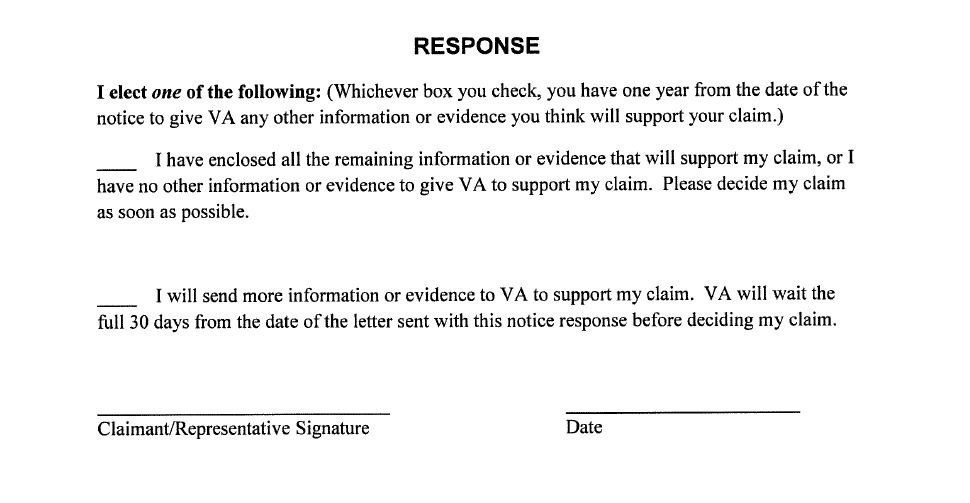What to do when you receive a VCAA Notice

CCK Law: Our Vital Role in Veterans Law
What is a VCAA Notice?
A VCAA Notice is a letter sent to a veteran claimant from the VA that notifies the veteran of what information is needed to support their claim for benefits. VA may send you a VCAA Notice after initially receiving your claim, when they need additional evidence for your claim, or when they are scheduling a Compensation and Pension (C&P) Exam for you.
Typically, VA will request records or other evidence needed for your claim. For example, they may request a copy of your DD 214 or medical treatment records from your private physician. Sometimes they may inform you that they are scheduling a C&P examination or, for instance, that you simply forgot to sign one of the forms.
The Notice states that you must submit the requested evidence within 30 days of receiving the letter. Though submitting your evidence as early as possible is ideal, this is not a hard deadline (see “What happens if I don’t return the VCAA Notice Response form?”). You have up to a year from the date of the VCAA Notice letter to submit the requested information or evidence. But after 30 days have passed, VA will continue to move forward with processing and deciding your claim.
Why does the VA send VCAA Notices? What does VCAA stand for?
By law, the Department of Veterans Affairs has a “duty to assist” veterans in the disability claims process. This means that VA is required to notify a claimant of what information is needed to win their claim for benefits. VA also has a duty to help the veteran obtain that information, which often takes the form of service personnel records, service medical records, VA treatment records, and other government records like records from the Social Security Administration. If the veteran requests help getting records from private physicians, hospitals, or employers, VA is required to obtain those records as well.
In 2000, Congress passed the Veterans Claims Assistance Act (VCAA) which reinforced and expanded the VA’s duty to assist. The Act required VA to send notice letters to veterans to inform them of additional evidence needed for the claim—hence the name VCAA Notice.
What is a VCAA Notice Response form? Which box should I check?
A VCAA Notice comes with a VCAA Notice Response form – “38 U.S.C § 5103 NOTICE RESPONSE.” The form allows you to check one of two boxes (pictured below).

You should choose the first option if you will
- include the requested information with the response form, or
- already submitted the requested information, or,
- do not plan to submit any information (because it does not exist or because you have requested VA’s help in obtaining it).
You should choose the second option if you need more time to obtain and submit the requested information.
How do I submit the requested evidence?
If you have the evidence or information requested by VA, there are several ways to submit it. You can:
- Send it by mail with your VCAA Notice Response form. Included in your VCAA Notice letter should be a page titled “Where to Send Your Written Correspondence” that will give you the appropriate address.
- You can also send it by mail (to that same address) after you’ve submitted your VCAA Notice Response. They don’t have to be sent together.
- Send it by fax. The appropriate fax number will be listed below the address on the “Where to Send Your Written Correspondence” page.
- Upload it to the VA system through VA.gov.
Do I need to fill out Form 21-4142: Authorization to Disclose Information to the Department of Veterans Affairs (VA)?
Your VCAA Notice may include a copy of VA Form 21-4142 and/or VA Form 21-4142a. You should ONLY fill out this form if you are requesting VA’s help in obtaining your private (non-VA) medical records. If you are requesting VA’s help in obtaining these records, you should also fill out VA Form 21-4142a, which gives VA the information needed to locate and contact your providers.
If you already have these records or are going to obtain them yourself, you should NOT fill out the form. Otherwise, VA may unnecessarily contact and request information from your private providers, which could delay VA’s (already lengthy) claim processing time.
What happens if I don’t return the VCAA Notice Response form?
If you don’t return the response form (within 30 days or at all), the VA will simply continue to move forward with processing and deciding your claim after 30 days have passed.
If you do not plan to submit any evidence or have already submitted it without returning the response form, you may still want to return the form. If you don’t return it, VA will wait 30 days before continuing to process your claim, further delaying a decision.
I checked the ‘no additional evidence’ box on the VCAA Notice Response form, but now I have new evidence. Is it too late to submit it?
No. You have up to a year from the date of the VCAA Notice letter to submit the information or evidence needed to support your claim, regardless of which box you check.
About the Author
Share this Post
